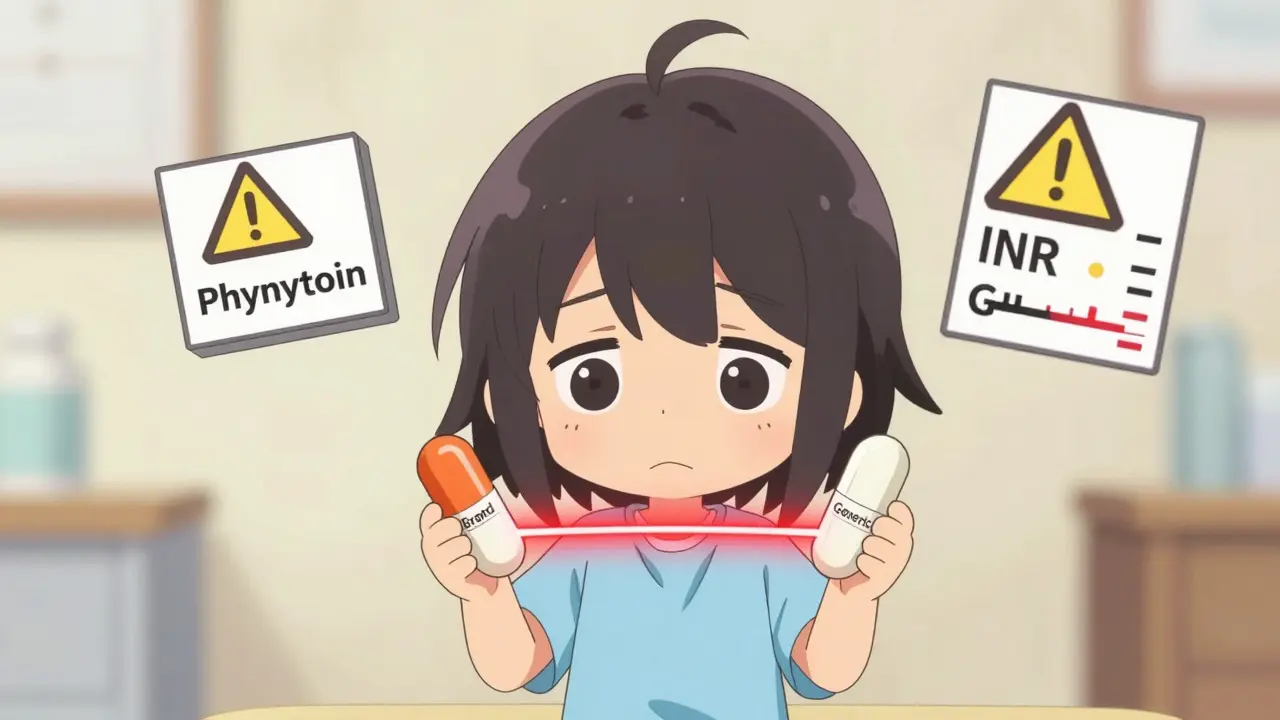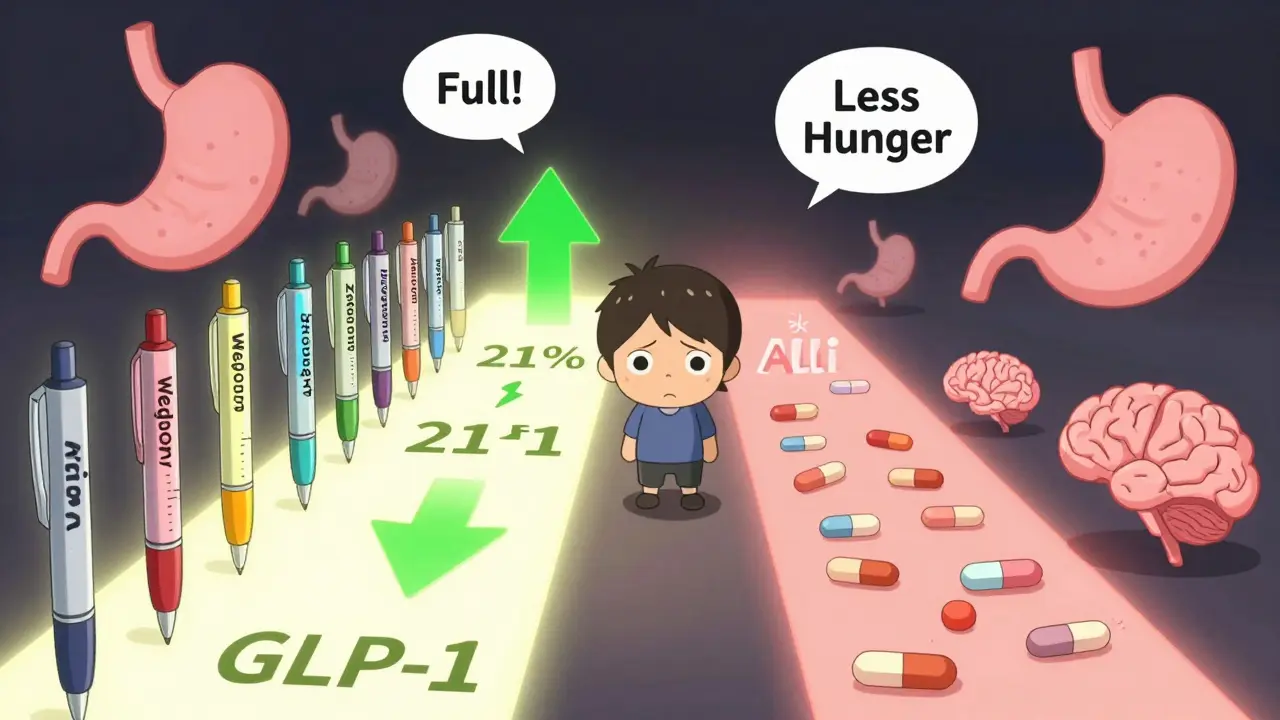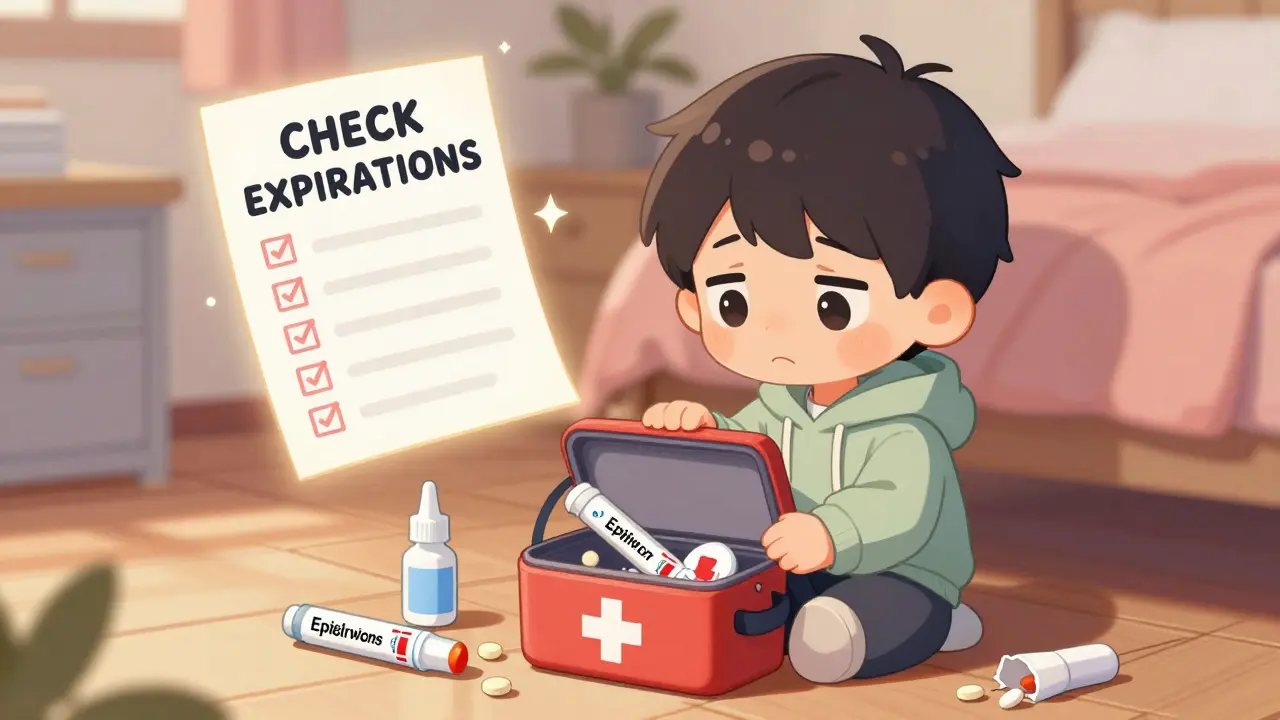Adrenal Crisis Prevention: Key Steps to Avoid Life-Threatening Episodes
When your body can’t make enough cortisol, you’re at risk for an adrenal crisis, a life-threatening drop in cortisol that can cause shock, coma, or death if untreated. Also known as acute adrenal insufficiency, this isn’t just fatigue—it’s a medical emergency that strikes when stress outpaces your body’s ability to respond. People on long-term corticosteroids, medications like prednisone or hydrocortisone used for autoimmune or inflammatory conditions are especially vulnerable because their adrenal glands stop working normally. Skipping a dose, getting sick, or even a minor injury can trigger a crash if you haven’t adjusted your medication.
Preventing an adrenal crisis comes down to three things: knowing when to increase your dose, having an emergency plan, and never ignoring warning signs. During illness, injury, or surgery, your body needs 2–3 times more cortisol than usual. If you’re on steroids, your doctor should give you clear instructions on how to adjust your dose during these times—this is called stress dosing, temporary increase in steroid medication to mimic the body’s natural response to physical stress. Many people don’t know they need to do this, or they’re too scared to increase their dose. But going without enough steroid support when your body is under stress is like driving a car with no fuel—it will stall, and fast.
Signs you’re heading toward crisis include severe nausea, vomiting, dizziness, confusion, low blood pressure, and intense muscle weakness. If you feel this way and you’re on steroids, don’t wait. Take your emergency injection if you have one, and get to a hospital. Keep a medical alert card or bracelet that says you have adrenal insufficiency. Make sure family members or coworkers know what to do if you collapse. Studies show that people who carry emergency hydrocortisone injections and know how to use them are far less likely to end up in intensive care.
You’ll find real-world advice in the posts below—from how to avoid dangerous drug interactions with steroids, to what happens when you stop them too quickly, and how other conditions like osteoporosis or tendon rupture tie into long-term steroid use. These aren’t theoretical guides. They’re written for people managing these risks every day. Whether you’re on steroids yourself, caring for someone who is, or just trying to understand how your body responds to medication, this collection gives you the practical steps to stay safe.





